Black Uhuru: Reggae Greats
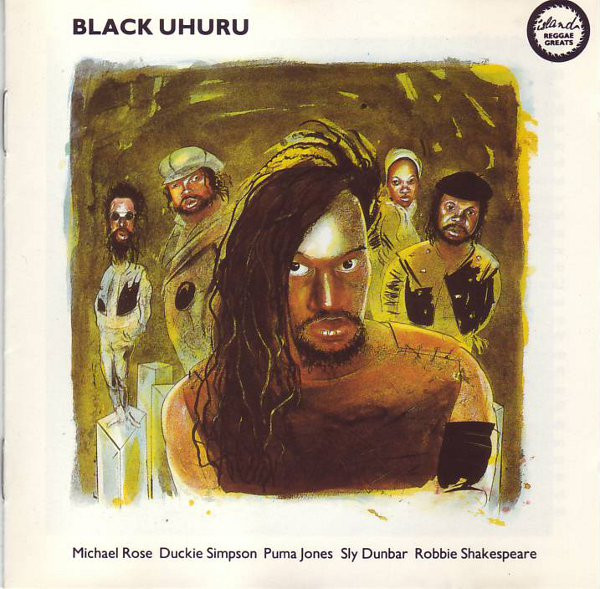
In 1980, Reggae was beginning to change direction slightly after the roots boom of 1975-1979. What would eventually morph into “ragga” rhythms was beginning to make itself known - a harder, less melodic, more stripped down and instrumentally basic sound. Thumping synth drums, synthesised percussion, rumbling reduced bass notes, keyboard loop samples and the occasional bit of guitar. In many ways, Black Uhuru led this charge for change.
Black Uhuru had a great vocal sound though, and their vibrant, insistent rhythm is certainly intoxicating. Their lyrical preoccupations are mainly oppression, racial awareness and lots of references to the joys of marijuana, as opposed to religious devotion. I have dealt in more detail with three of their albums in individual reviews - click on the Black Uhuru link at the bottom of this page.
For now, let's take a look at this bite-sized sampler of their work. Hopefully this taster will tempt you to delve deeper into this clever, inventive reggae group's work.
Happiness opens the album and introduces the listener to Black Uhuru's style perfectly - insistent, powerful and utilising contemporary digital percussion sounds. we even get some "baaaa" mid-song sheep bleating sounds (or maybe goats as it's Jamaica). I love the rhythm sounds throughout the song, actually.
The conscious World Is Africa ups the beat somewhat while staying with in the same style. It is a most infectious number. It uses rock guitar really well too, like Bob Marley and Aswad did as well. I really love its gently lilting sound. You also get a rocking piano workout mid-track too, which was unusual in reggae. Black Uhuru pushed musical boundaries within the basic framework.
Another impressive and irresistible number is Sponji Reggae, which skanks along in an appealing mid-pace way, featuring a gritty, rootsy vocal. It is another prefect merge of roots sensibilities and a lightly lighter poppy feel. The percussion at the back end of the track is superb. The vocal is very influenced by Marley in its delivery and diction.
Youth Of Eglington is a superb track - vital, catchy and carefree. Its message about disaffected youth tends to get lost under its infectious poppy beat. It is a perfect mix of reggae riddims and eighties keyboard-driven pop. Nice use of congas too plus a great bass line (check out the bit at the track's end). It is simply a great song all round.
Darkness is an appealing, mid-pace groove that reminds me of some of the sounds that Talking Heads would use on the following year's Speaking In Tongues album - something about the guitar and keyboard breaks. I'm sure you will know what I mean when you hear it. It is the only track included here from the group's highly recommended and ground-breaking Chill Out album, from 1982.
What Is Life is a brassy, grinding and catchy number from 1984. It will undoubtedly have influenced UB40's subsequent output. While reggae, in theory, there isn't much skanking to be found - the pulses and riffs are synthesiser ones. Reggae was changing by 1984. In many ways, this is very much the essential sound of Black Uhuru, one that set them part from the rootsers of the seventies and the digital DJs to come. I love the subtle saxophone and dubby breaks near the end too.
Bull In the Pen is from the following year, 1985. despite its very Black Uhuru synthesised brassiness, it is still a solid roots number, in its unique to them style. Again, the song ends with a fetching dub passage. 1983's Elements is a melodious loved-up number that showcased the lighter, more disarming side to the group. It has a feel of Third World about it in places.
Push Push has some very early eighties dance-ish rhythms and more of those atmospheric vocals along with lots of "boing boing" percussion sounds that were just so early eighties. You can tell that it was from 1980's Sinsemilla debut album. Right Stuff has a bit more of a familiar roots skank, but it is modernised by some digitally-enhanced echoey vocals on the title refrain, making it almost sound like electro pop.
Anyway, gotta go now - guess who's coming to dinner....
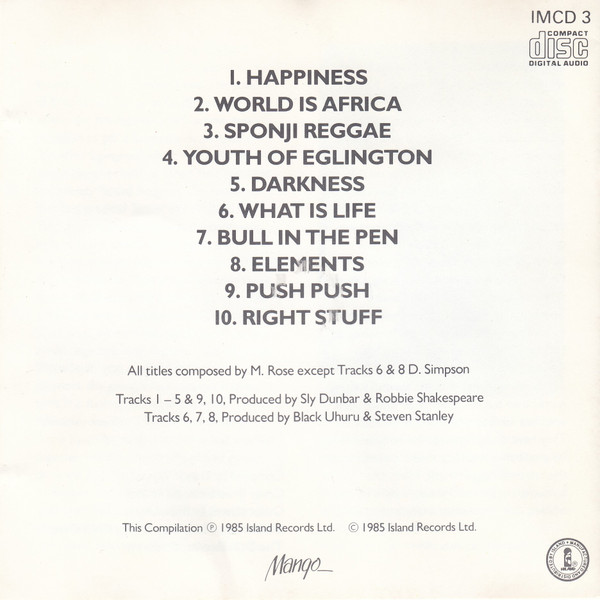





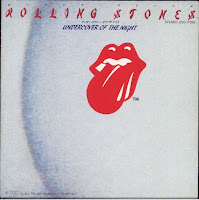
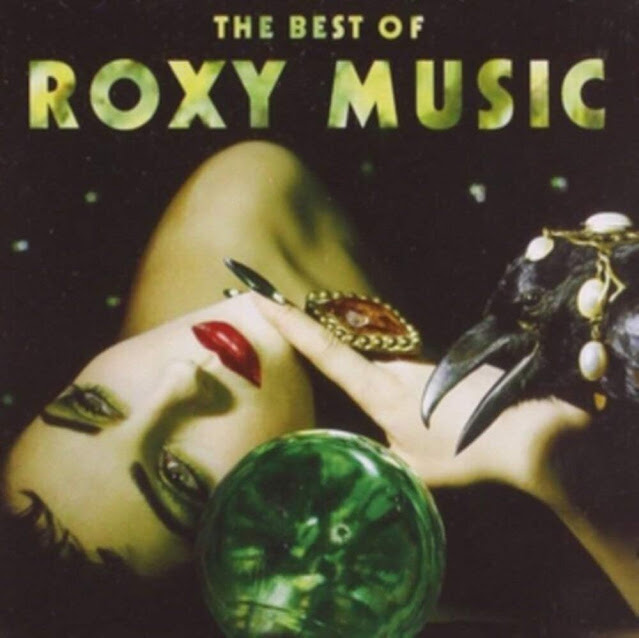
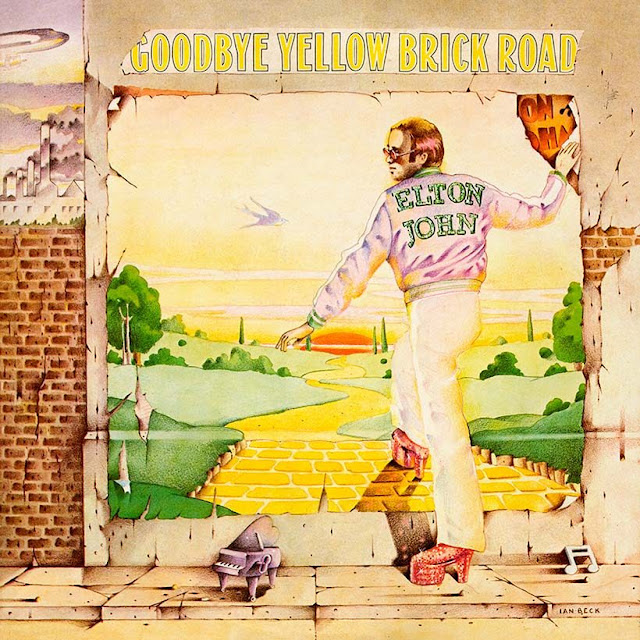
Comments
Post a Comment